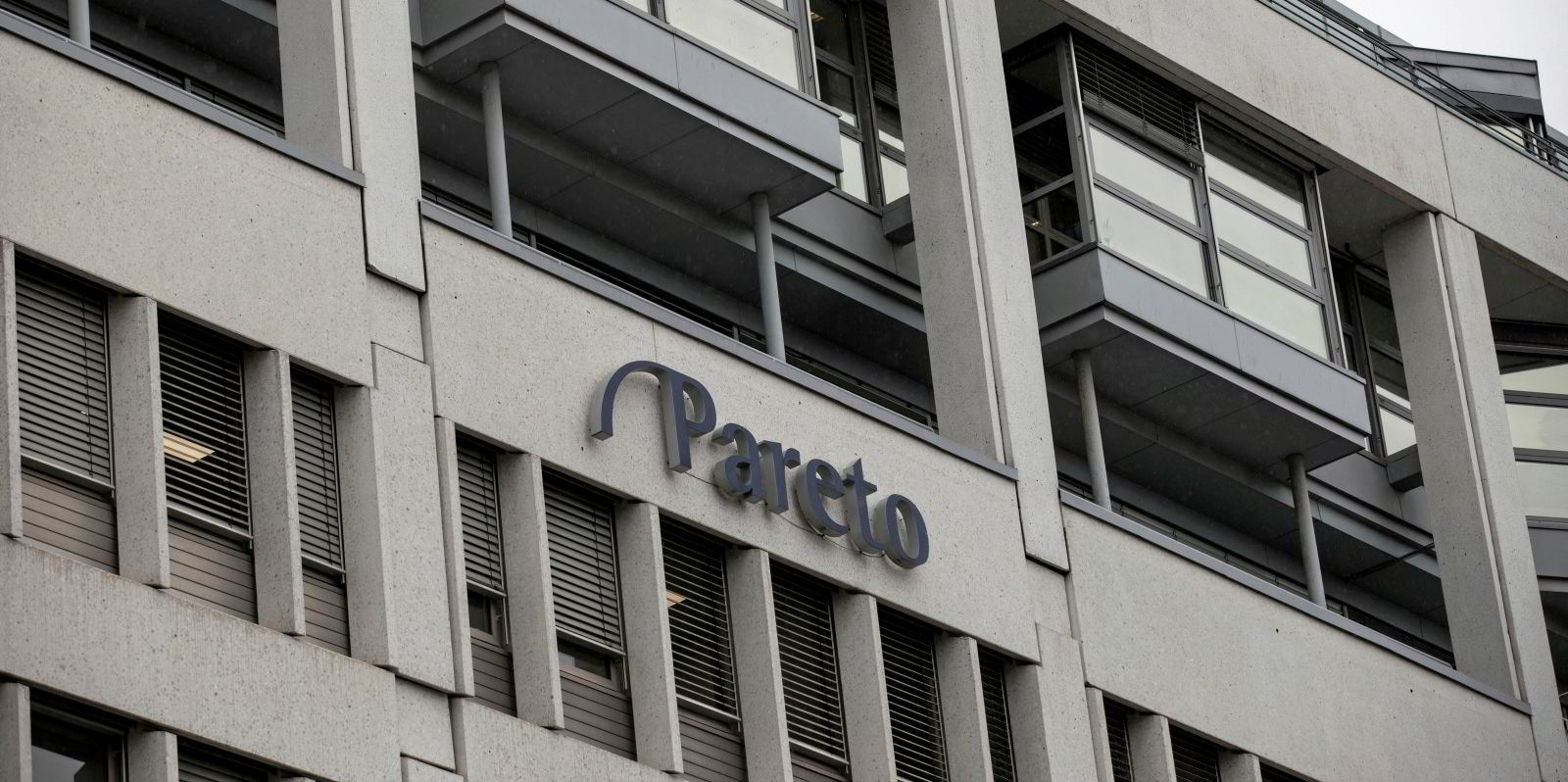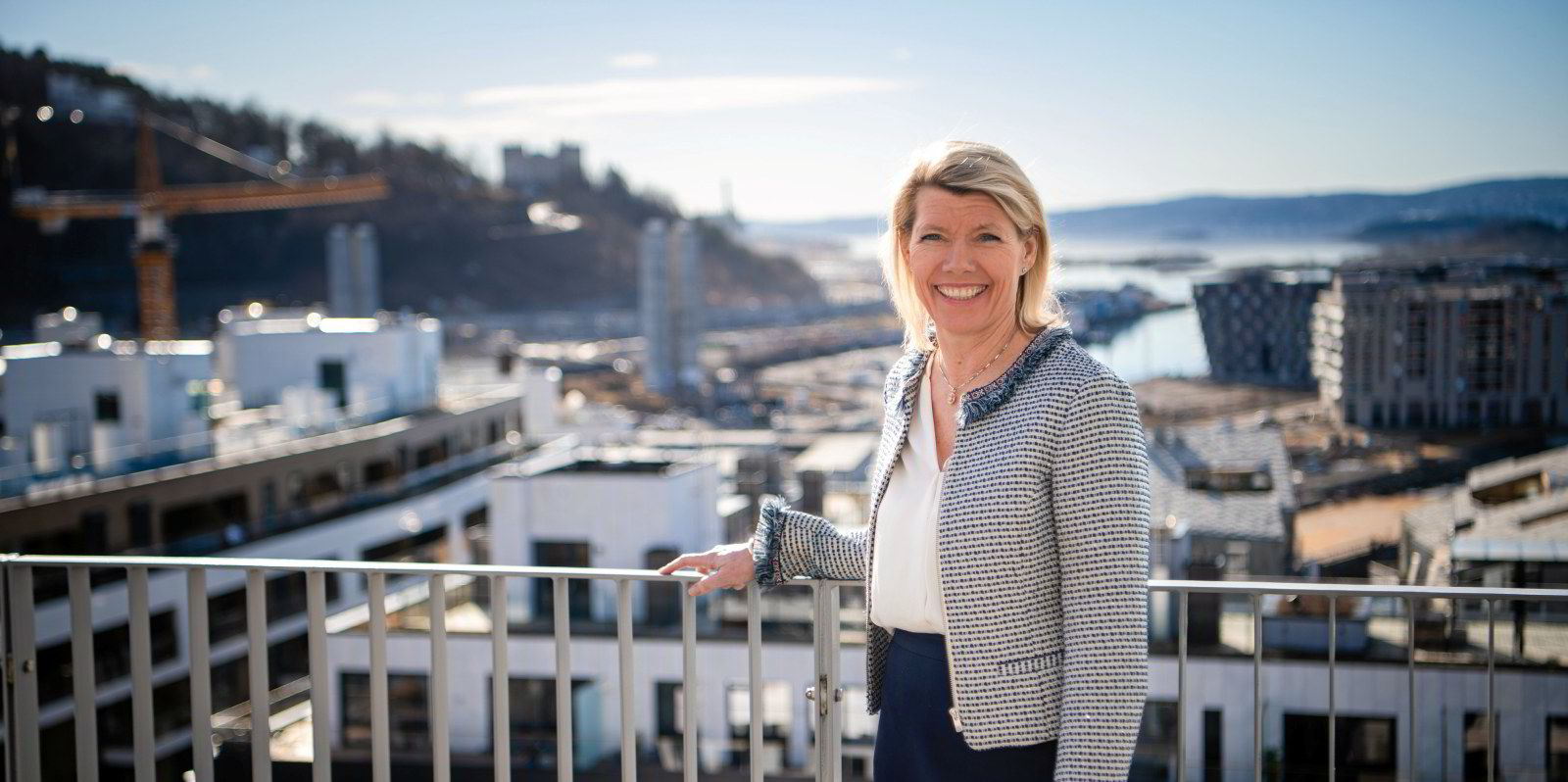Pareto Bank’s loans to the shipping and offshore sectors grew in the first quarter.
The Oslo-listed niche lender’s loans increased to NOK 1.54bn ($140m) from NOK 1.38bn at the end of the year.
Corporate loans make up 66% of the exposure and loans to investment projects represent 34%.
The biggest segment in the book was offshore subsea, which grew to NOK 427m from NOK 230m a quarter ago.
Lending to bulkers and offshore supply were both around NOK 270m.
The average commitment size is $10.2m and the largest exposure is $25m.
The credit quality is stable with an average weighted loan to value of 41%.
The bank said it has a “conservative approach focusing on corporate customers with solid balance sheets, modern high-quality assets and equity contribution of minimum 45%”.
Targeted customers are reputable Norwegian shipowners, family offices and the investment project market.
It also said clients have “steep repayment profiles on loans”.
The number of customers fell to 14 from 17 in the first quarter.
The bank sees robust demand for the offshore markets supported by a strong increase in exploration and production spending and limited fleet growth.
Its outlook for the dry bulk market is moderately positive because of low supply growth. Demand is uncertain due to softer Chinese imports and lower global economic growth.
Pareto also sees strong tanker markets backed by low orderbooks, continued strong end-user demand and increased trade growth.
Its outlook in the container market is soft, owing to continued high supply growth.
First-quarter profit was NOK 176m, compared with NOK 131m for the same period last year.
Pareto Bank, rated BBB (stable) by Scope, said in a separate statement that it is seeking financing by contemplating the issuance of additional tier 1 capital.
It has mandated DNB Markets and Pareto Securities as joint lead managers to explore the possibility of an issue of AT1 capital of up to NOK 150m.
The bond will have a floating coupon rate.
The issuer will have a first call option after a minimum of five years.






